
Gluten sensitivity influenced by negative expectations
A psychological effect may be a factor in people experiencing a physical reaction to eating gluten, a protein found in wheat, rye and barley that can cause abdominal discomfort.

A psychological effect may be a factor in people experiencing a physical reaction to eating gluten, a protein found in wheat, rye and barley that can cause abdominal discomfort.
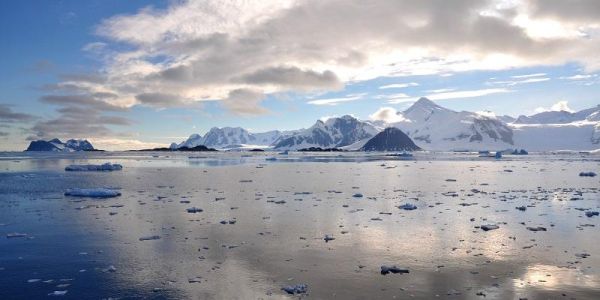
Scientists are warning that apparently stable glaciers in the Antarctic can “switch very rapidly” and lose large quantities of ice as a result of warmer seas.

A new accelerator project has been launched to help researchers at the forefront of artificial intelligence discovery turn their work into start-up companies.

Honeybees do not naturally insulate their colonies against the cold, according to new research by the University of Leeds.

A novel aqueous lubricant technology designed to help people who suffer from a dry mouth is upto five times more effective than existing commercially available products, according to laboratory tests.
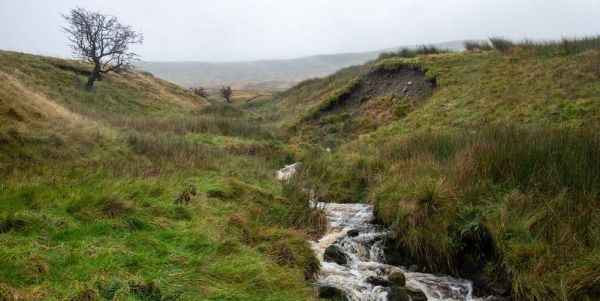
Pioneering research will for the first time monitor how the creation of England’s biggest new native woodland could help stave off the worst effects of climate change, such as flooding.
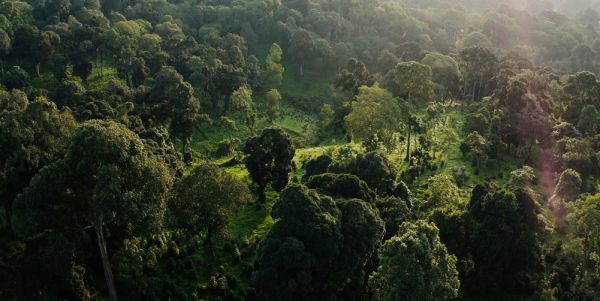
If the world’s natural forests are allowed to grow and mature rather than being cut down, 226 billion tonnes of carbon could be taken out of the atmosphere, according to a major international study.
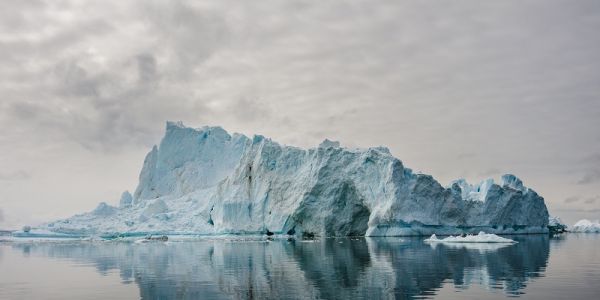
Scientists have trained an artificial intelligence or AI system to accurately map in one-hundredth of a second the surface area and outline of giant icebergs captured on satellite images.

Most clinical trials in cancer screening, prevention, and early detection focus on just three types - and nearly all take place in the global north, according to a new review.
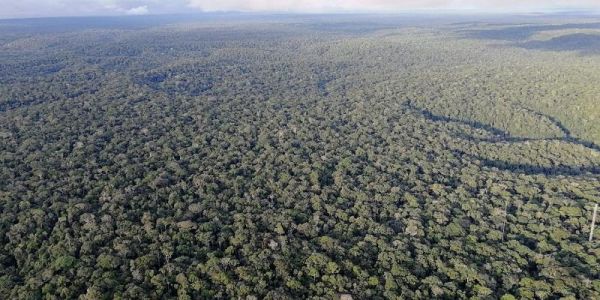
Deforestation in the Amazon causes land surfaces up to 100 kilometres away to get warmer, according to a new study.